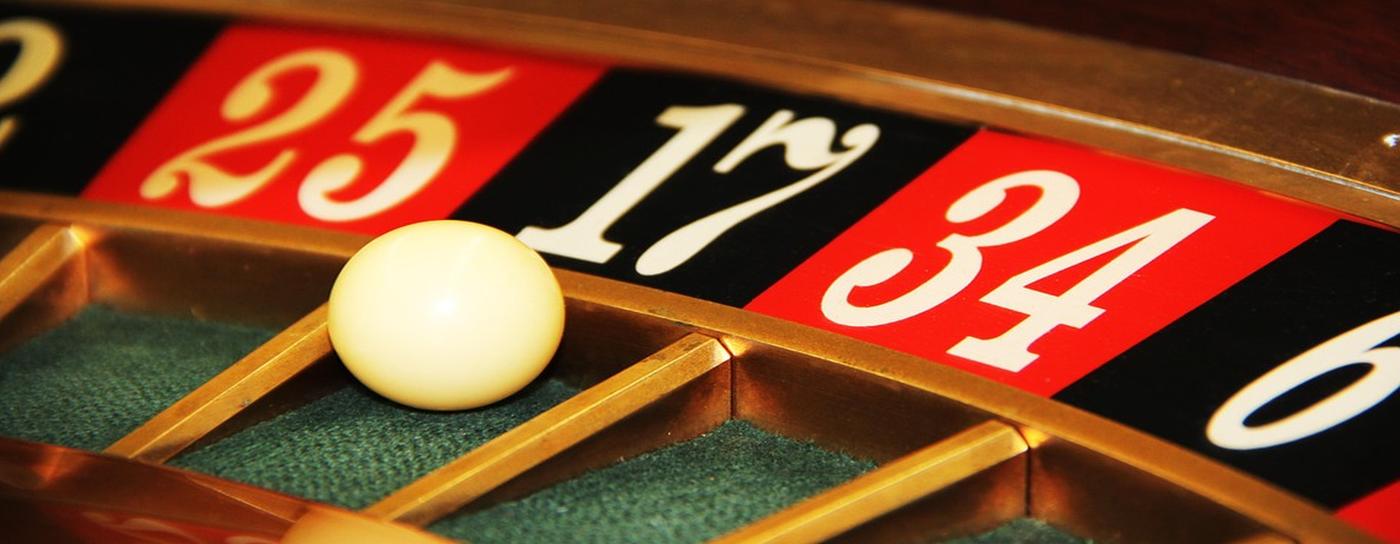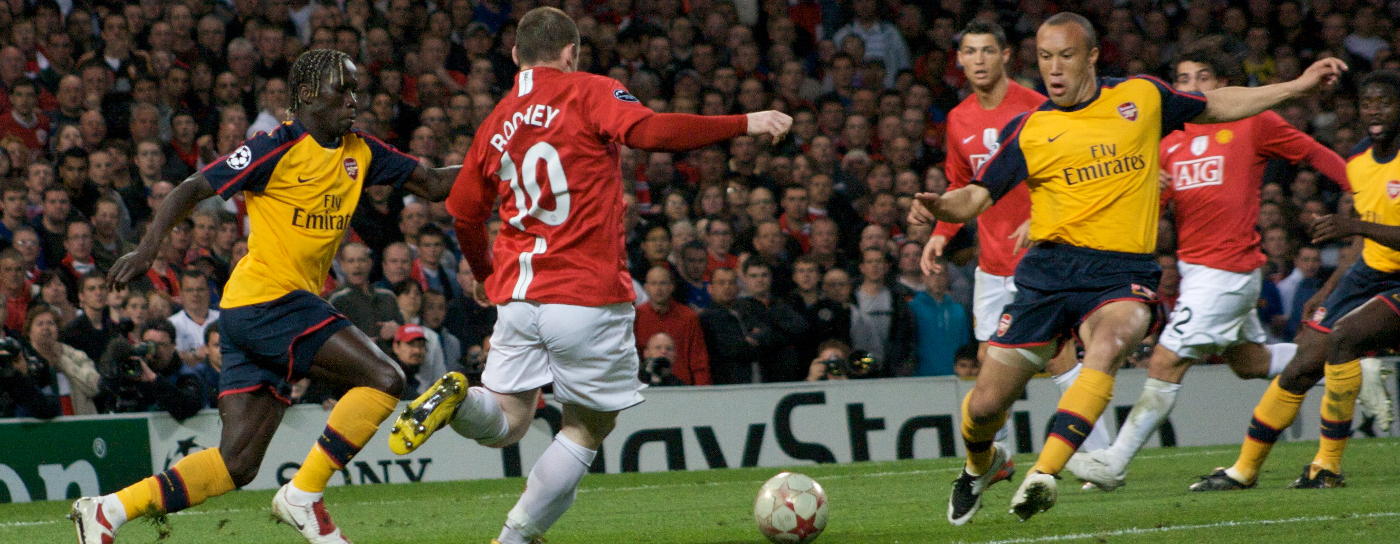It is vital to note that what follows applies to the English and Welsh courts, not to Scotland and Northern Ireland who have different court systems: Scotland (https://www.scotcourts.gov.uk/taking-action/simple-procedure) and Northern Ireland (https://www.justice-ni.gov.uk/articles/small-claims).
What follows are some links to advice and examples of how to layout a letter before action and claim forms. All this does is provide an outline to work with, what is impossible to provide, is an exact outline of how a gambling company may react to your claim.
By submitting a claim you have ‘upped the anti’ and nobody likes that, so do not be surprised if the tone of the communication becomes more aggressive. J4P has even known gambling companies to threaten to counter sue a person with a gambling disorder. Certainly, you will be told you have no basis for a claim, that historic case law is against you (true) and that the costs you incur may be very large (true in claims worth more than 10K). It is also likely that there will be many delays, due to a company waiting for every deadline, invoking legal processes to cause further delay, etc. Little happens quickly in the legal world.
J4P cannot stress strongly enough that despite submitting a claim the aim should always be to settle out of court.
Essential process
Firstly, you need to work out which claim process is open to you. As an example ‘Money Claim Online’ arguably the easiest process has a number of rules that may make your claim unsuitable. The following link is their ‘welcome’ page: https://www.moneyclaim.gov.uk/web/mcol/welcome. It is vital you read their ‘User guide for Claimants’: https://assets.publishing.service.gov.uk/government/uploads/system/uploads/attachment_data/file/1032258/mcol-userguide-eng.pdf and in case you can’t claim online this: https://www.gov.uk/make-court-claim-for-money. It’s essential you, preferably in conjunction with another person, read all this advice extremely closely. Not doing so may become costly. The ‘User guide for Claimants’ mentions seeking help from Citizen’s Advice. If you need this you must. You’re entering into a complex process.
The guide provides a list of reasons for not being able to claim online, the most common barrier for gambling disorder claims is, “served to a defendant or defendant(s) with an address in England or Wales.” The vast majority of online gambling websites that are UK regulated are run by companies based overseas, often in Gibraltar, Malta, Cyprus or the Isel of Man. This doesn’t mean you can’t claim, but it does mean you can’t claim online.
A very, very important thing to note is that many gambling brands don’t exist as legal entities, e.g. Bet365, Coral, Ladbrokes. It is essential that you find out who you are claiming against or the company wil simply tell the court that your claim is invalid as you are claiming against a company that doesn’t exist. The following is an example of how difficult this can be:
https://help.ladbrokes.com/en/general-information/legal-matters/terms-and-conditions
Updated: 05/10/2021
1. Introduction
1.2 Please read these Terms and Conditions carefully before you start to use any section of the Website. By using any section of the Website or by opening an account with the relevant Ladbrokes company (set out in clause 2.1) through the Website, you agree to be bound by:
2. Parties
2.1 The Terms of Use shall be agreed between you and LC International Limited, a company registered in Gibraltar with registered company number 46808 and whose registered office is Suite 6, Atlantic Suites, Europort Avenue, Gibraltar GX11 1AA.
2.2 In these Terms of Use, the terms “Ladbrokes”, “we”, “us”, or “our”, refers to LC International Limited. The term “Ladbrokes Group” refers to LC International Limited, its ultimate holding company and any direct and indirect subsidiaries thereof from time to time.
So, there you have it, you’re not claiming against Ladbroke or Entain (https://entaingroup.com/) who own these brands. If you’re claiming concerning gambling losses and the processes followed by Ladbroke’s staff online you’re claiming against a more or less unknown entity called ‘LC International’. If you find all this confusing it is important to seek help, e.g. from Citizen’s Advice.
If you’re claiming for losses in-shop the legal entity could be different again for each company – CHECK, e.g. in the case of Ladbrokes this is virtually impossible to work out without help from Citizen’s Advice. The owner of Ladbroke’s betting shops has changed on a regular basis over recent years. J4P’s best guess at the time of writing is Entain Holdings (UK) Limited, but DO CHECK.
Fees
The link to the complete fee structure is: https://www.gov.uk/make-court-claim-for-money/court-fees. Please note that small claims does not mean tiny amounts of money. The fee is recouped from the defendant (gambling company) if the customer (claimant – you) wins. It is possible to use the small claims court for amounts of £200,000+, but the fee is substantial (£10,000).
Forms
Assuming you can’t submit your claim online you will have to complete the downloadable pdf forms (n001 & n510) and print the forms out after completing them. They then need posting, enclosing a relevant payment, to:
County Court Money Claims Centre, PO Box 527, Salford, M5 0BY
The person also needs to post a copy of both forms using recorded delivery to the gambling company at their head office address in Gibraltar, Malta or wherever. Please note that the post to the money claims centre in Salford must also contain form N215 – Certificate of Service.
If you have difficulty completing the form online or any part of the form or forms as pdfs there is a freephone helpline – 0300 123 1372. There are example completed forms on our website: https://justiceforpunters.org/small-claims-court/how-to-complete-small-claims-court-forms/
The government also provides an excellent step-by-step guide on using the small claims court and what will happen: https://www.gov.uk/make-court-claim-for-money/overview.
Letter before action
To keep the court happy you should send a letter before action to the gambling company before submitting a claim: https://www.justice.gov.uk/courts/procedure-rules/civil/rules/pd_pre-action_conduct#13.1
J4P has produced a letter before action template: (https://justiceforpunters.org/letter-before-action-lba-template/) and a completed example, which is much more simple (https://justiceforpunters.org/letter-before-action-lba-example/), but it is also important to consider other templates:
https://www.which.co.uk/consumer-rights/letter/letter-before-small-claims-court-claim-aSFAC8Q6Jqan
A letter before action may lead to discussion and a mutually acceptable settlement, but it may not, so if the latter is the case it is then time to move to completing your claim form/s and submitting them to the gambling company and the court.
Again, it is vital to note that what follows applies to the English and Welsh courts, not to Scotland and Northern Ireland who have different court systems: Scotland (https://www.scotcourts.gov.uk/taking-action/simple-procedure) and Northern Ireland (https://www.justice-ni.gov.uk/articles/small-claims).
For other disputes
There is no question that this option can be a good option for betting disputes, because there is little, if any chance, that a bookmaker or casino will go to court if they know the dispute involves using unfair T&Cs to stop a customer obtaining their rights. Some common examples of this are:
a) Not paying out the correct amount on promotions, e.g. retrospectively stating best odds guaranteed (BOG) has been withdrawn.
b) Not paying out on bets placed 2-3 seconds after the off in shop, if there is evidence that the shop staff do this all the time.
c) Not paying out, because your account has not been verified correctly, when you have sent perfectly clear scans of proof of address and a personal picture of either your driving licence or passport photograph page (unless there is evidence of criminal activity).
d) Confiscating the money in your account, because a bookmaker claims someone else has been using your account without providing conclusive proof someone has. It is very, very unlikely a bookmaker will have this evidence, whatever they claim and if they refuse to provide it, you will have a very good chance of winning a small claim (unless there is evidence of criminal activity).
We could go on forever as some bookmakers use so many unfair T&Cs.








